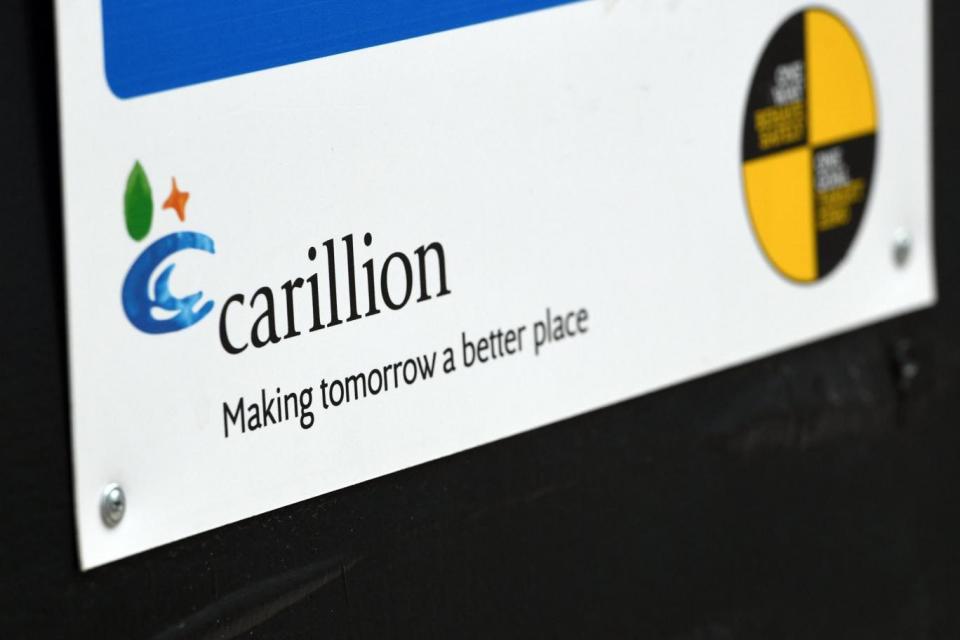Carillion news: What you need to know about the construction firm's collapse

What was Carillion?
Britain’s second largest construction and services company which was built out of the Tarmac business from which it was spun off in 1999. It grew rapidly, acquiring well-known companies including Mowlem in 2006 and Alfred McAlpine in 2008.
How many people does it employ?
About 43,000 globally including some 20,000 in Britain, with its base in Wolverhampton.
What did it do?
It is understood to have public sector or public/private partnership contracts worth £1.7 billion, including school dinners, cleaning and catering at NHS hospitals, construction work on rail projects including HS2 and Crossrail and maintaining 50,000 Army base homes for the Ministry of Defence.
Why did it go bust?
It ran up debts of £900 million after several projects ran into trouble and a £590 million pension deficit.
What has the Government done?
Ministers stepped in to ensure Carillion workers delivering public services continue to get paid, by the Government, and urged them to turn up to work.
Could Carillion’s collapse have a wider economic impact?
Yes. The fear is that many small firms in the supply chain who had contracts with Carillion will suffer from its demise.

Will there be a cost to the taxpayer?
Yes. Already, ministers have admitted that there will be a bill for the Government’s intervention through the Official Receiver to ensure Carillion public services carry on being delivered. Costs could rise because government contracts carry risk.
Why is Transport Secretary Chris Grayling facing questions over Carillion going bust?
He is one of the ministers whose departments continued to award Carillion contracts even after it was clear it was running into difficulties and had issued a profit warning.

What do ministers say in response?
They stress these contracts were awarded as part of consortiums, so if one company had to pull out, the other partners would carry the responsibility of delivering the service.
What happens to workers’ pensions?
The Carillion pension schemes are in talks with the Pension Protection Fund to deliver detailed information to members about how their benefits will be affected. Workers who have already retired at retirement age should continue getting full benefits but those still working might only get 90 per cent of benefits.

 Yahoo News
Yahoo News 
